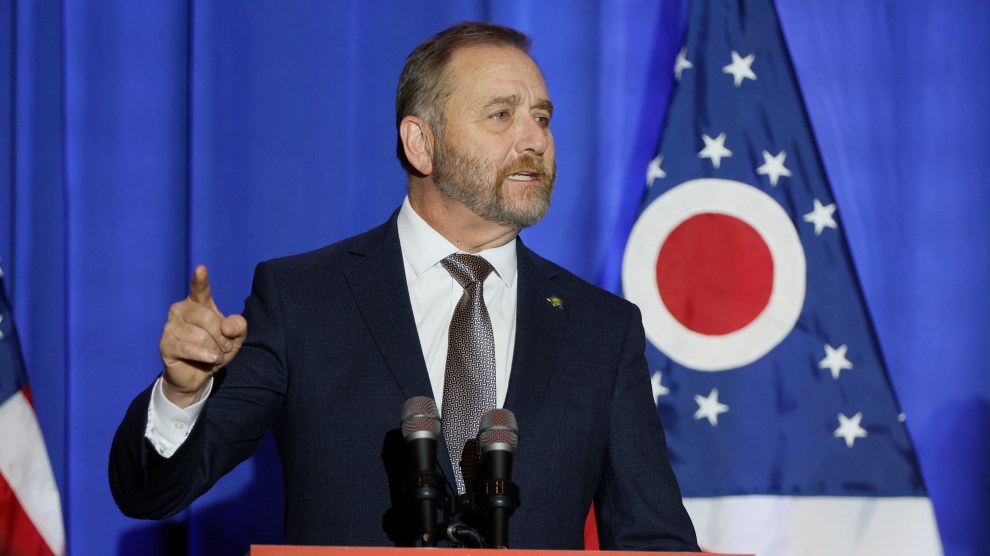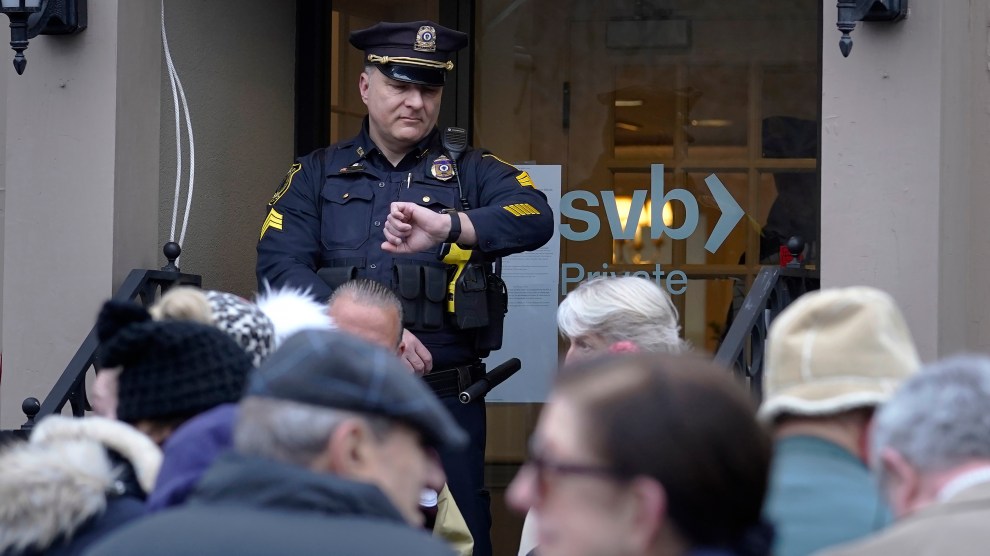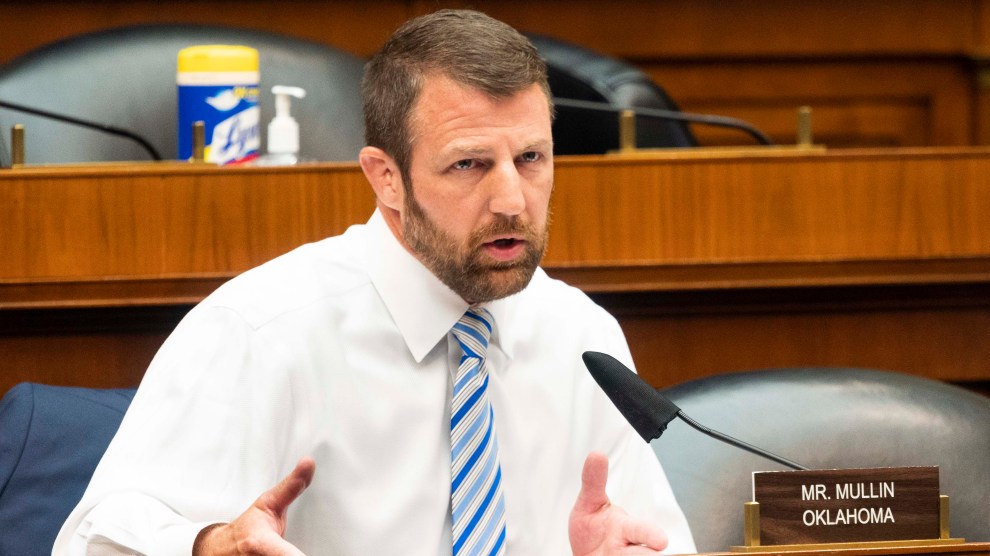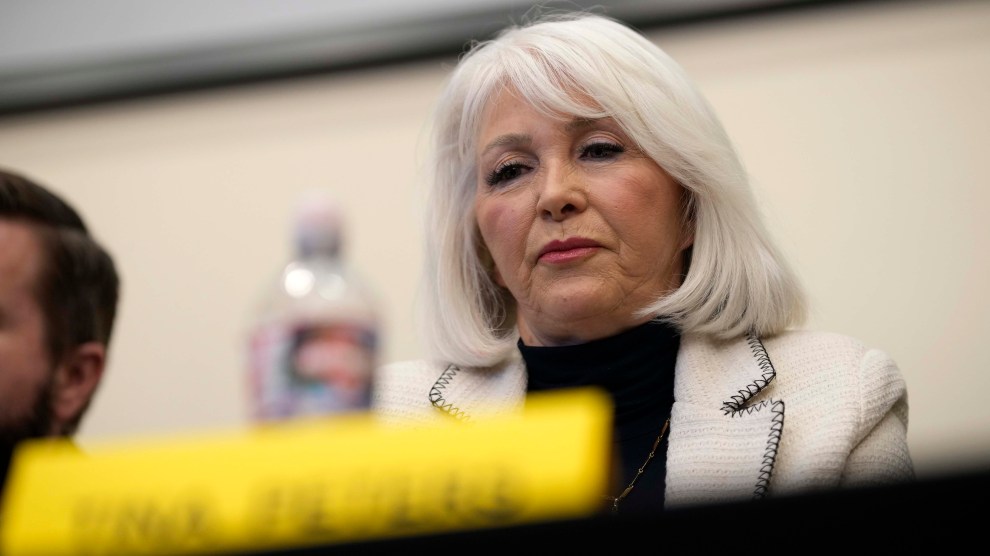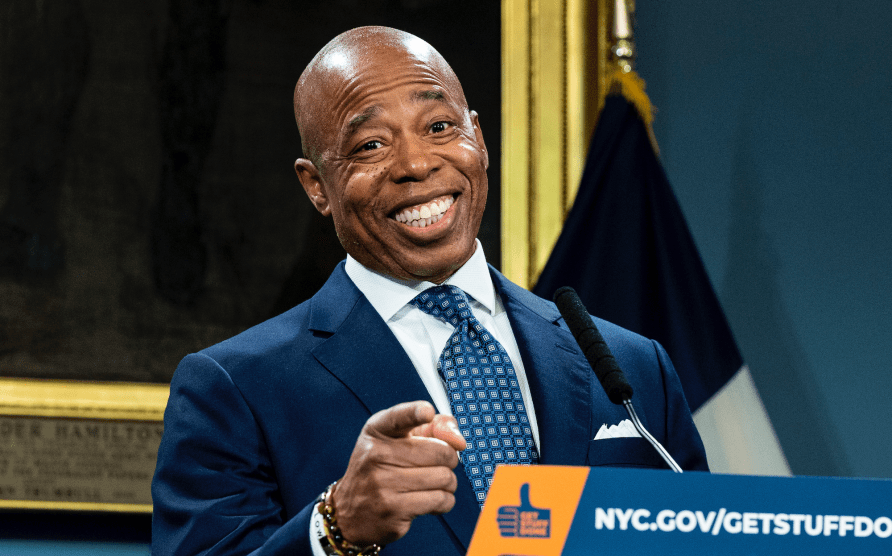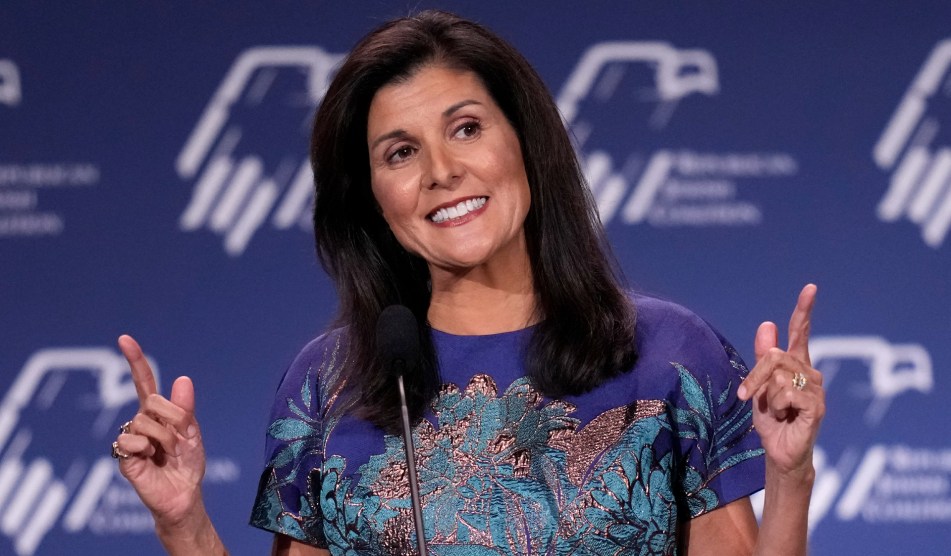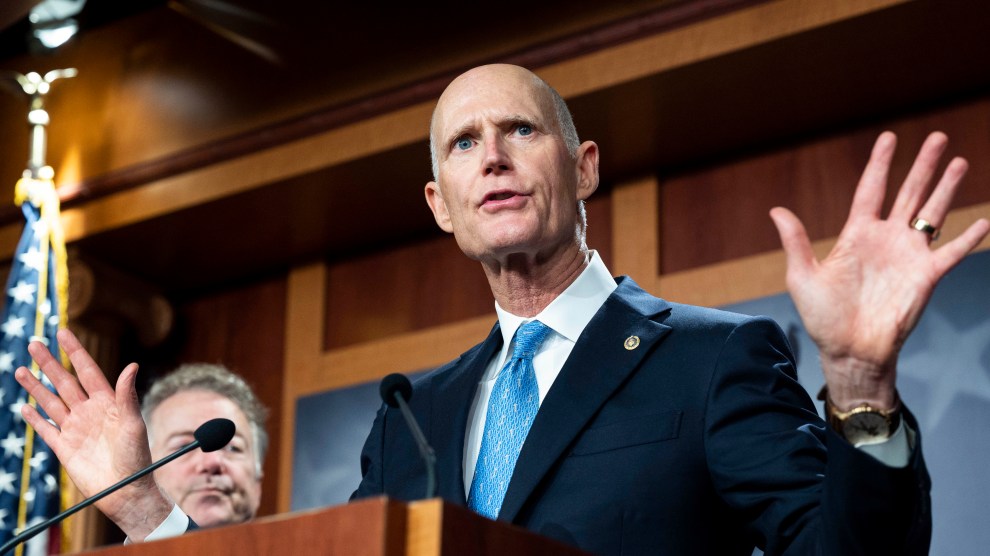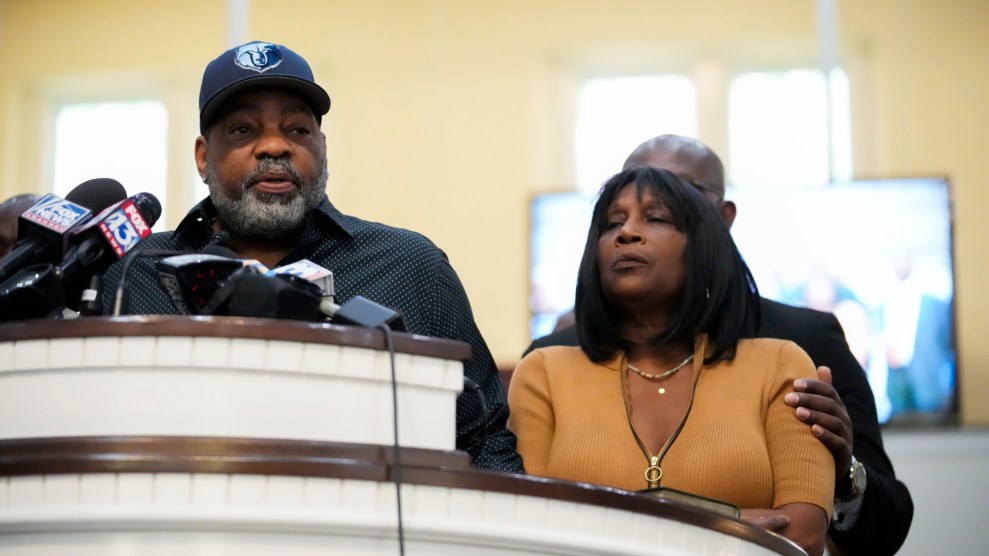
Rick Bowmer/AP
Some three months after New York published its exhaustive guide on the meritocracy-bending phenomenon, nepo babies roared back into the discourse last week with the unexpected arrival of Romy Mars. But some two thousand miles west from where the teenage daughter of Sofia Coppola and Thomas Mars was prepping pasta alla vodka, another offspring of a famous Hollywood family was taking flight inside a Park City, Utah courtroom.
“Oh, I have studiously avoided learning about this,” a colleague remarked when I mentioned my sudden interest in the Utah civil trial involving Gwyneth Paltrow.
Fair enough. I too had once been ignorant of the details surrounding Paltrow’s role in a 2016 ski crash that allegedly left a now-76-year-old man injured. But the glimpses of Paltrow’s testimony that have emerged on social media, in which the actress and Goop founder emphatically denied accusations that she was responsible for the collision, have held a soft grip on my addled brain—and I’m far from alone. The scenes have been captivating: There’s the moment Paltrow, with the insouciance and stabbing derision only the richest and whitest among us is capable of deploying, asks to be reminded of an attorney’s name. When Paltrow is asked whether the crash had caused her to lose out during a “very expensive” ski vacation, Paltrow responds, “Well, I lost half a day of skiing, yes,” making it clear to the rest of us that her wallet hadn’t noticed the ordeal in the slightest. Then we have Kristin Van Orman, the attorney representing Paltrow’s accuser, Terry Sanderson, who at various turns, could barely contain an obsequious squeal at questioning a real-life Oscar-winning actress.
This trial is so absurd 😭 pic.twitter.com/8cPPswllqG
— Steve Morris (@stevemorris__) March 24, 2023
Even Paltrow’s clothes, predictably impeccable, have drawn considerable interest, producing shopping guides should you ever need to look like a woman defending herself in a civil suit. Except, of course, you and I could never, ever, look like that. Personally, I’m more apt to faux pax myself with a giant purse you could slide across the floor after a bank job.
“This entire Gwyneth Paltrow ski trial was written by Mike White,” a Twitter user wrote referring to the White Lotus creator who is reportedly in Thailand scouting locations for the next season of the soap-series. Indeed, it was easy, even fun, to imagine White taking caustic notes on the same clips, building a character wrapped in the same luxe neutrals as Paltrow. “Gwyneth Paltrow is dressing for where she’d rather be,” read a Washington Post headline on Paltrow’s courtroom fashion. But I beg to differ. It seems as though the witness stand inside a drab Utah courtroom is exactly where Paltrow wants to be. Consider that Sanderson is suing her for $300,000—a significant adjustment from his initial $3.1 million for injuries he claims include brain damage. One can reasonably assume that Paltrow could simply settle and avoid the public drama. But clearly convinced she’s being extorted for her celebrity, you’ve got to almost relate to—even admire—that Paltrow is choosing to take the stand to defend herself.
This week, the trial is expected to see Paltrow’s family, including her two teenage kids, take the stand to testify against Sanderson’s claims. Though vastly different scenarios, I couldn’t help but draw a contrast to Sofia Coppola. The two women hail from some of Hollywood’s most exclusive corners and are effectively dowagers of the same nepo baby empire. They seem nothing alike, neither in personality nor approaches to their kids in the spotlight. (It’s worth noting that Apple Martin, the daughter of Paltrow and Coldplay frontman Chris Martin, recently made her debut as a Chanel girl.) Yet both cases have struck me for their strange concoction of relatability, hateable privilege, and simple hilarity. Parenthood is a funny thing, I thought. That absurd moment of relatability was fleeting, of course, delimited by the boundaries of their extreme wealth.


